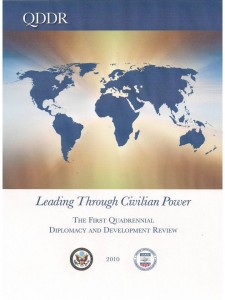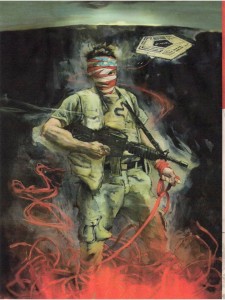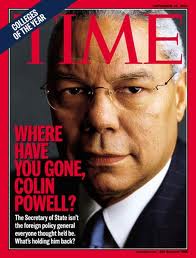Posted: December 21, 2010 11:59 PM
Huffington Post
Can't Anyone at DoD Do Oversight? Anyone at All?
The perennial issue regarding private military security contractors is the degree to which they are subject to effective oversight. In that regard there is only one item in today's news worth looking at. That is the report issued by the House Subcommittee on National Security and Foreign Affairs, chaired by John F. Tierney (D-MA). The Majority staff report is titled, Mystery at Manas: Strategic Blind Spots in the Department of Defense's Fuel Contracts in Kyrgyzstan. The report culminates an eight-month investigation into the Department of Defense's multi-billion dollar aviation fuel contracts at the Manas Transit Center in Kyrgyzstan.
Reminding one of the famous line by 1st Lieutenant Milo Minderbinder in Joseph Heller's famous Catch-22 novel, “We're gonna come out of this war rich!” the report found that to keep U.S. warplanes flying over Afghanistan, the Pentagon allowed a “secrecy obsessed” business group to supply jet fuel to a U.S. air base in Kyrgyzstan, turning a blind eye to an elaborate fraud involving fuel deliveries from Russia.
. . . . . . .
But the fuel was being bought by the Pentagon for shipment to the American airbase in Manas, Kyrgyzstan, and from there on to Afghanistan, the report said. Once Russian officials discovered the true identity of the recipient, they cut off supplies, creating a major logistical headache for United States military commanders.
That breakdown forced a major redrawing of supply routes into Afghanistan for jet fuel, which is in chronically short supply in landlocked Afghanistan. It also touched off a major behind-the-scenes diplomatic effort by the Obama administration to rebuild the fuel lines.
Read the complete very well-presented and documented article….
Phi Beta Iota: David Isenberg, author of Shadow Force: Private Security Contractors in Iraq, has become a valuable oversight contributor with respect to the out-of-control acquisition system on top of the out-of-control Private Military Contractor (PMC) system. When reliability and redundancy matter, any military force that does not understand its supply chain timelines, costs, and geospatial realities down to the RFID level, as well as the vulnerabilities to disruption, is begging for a major hit. The Information Operations (IO) domain appears poised for a major advance, integrating intelligence, logistics, operations, and civil affairs information in a manner never before attempted–with the supplemental value of placing Human Intelligence (HUMINT) in proper relationship to Cyber-Security, i.e. 70-30 or thereabouts (some would say 80-20). Make this multinational, and it will be a game changer. This is one reason the Office of the Inspector-General is one of the fifteen slices of HUMINT that must be managed by IO.
See Also:
Continue reading “Reference: Logistics Oversight as an Information Operations (IO) Mission”






